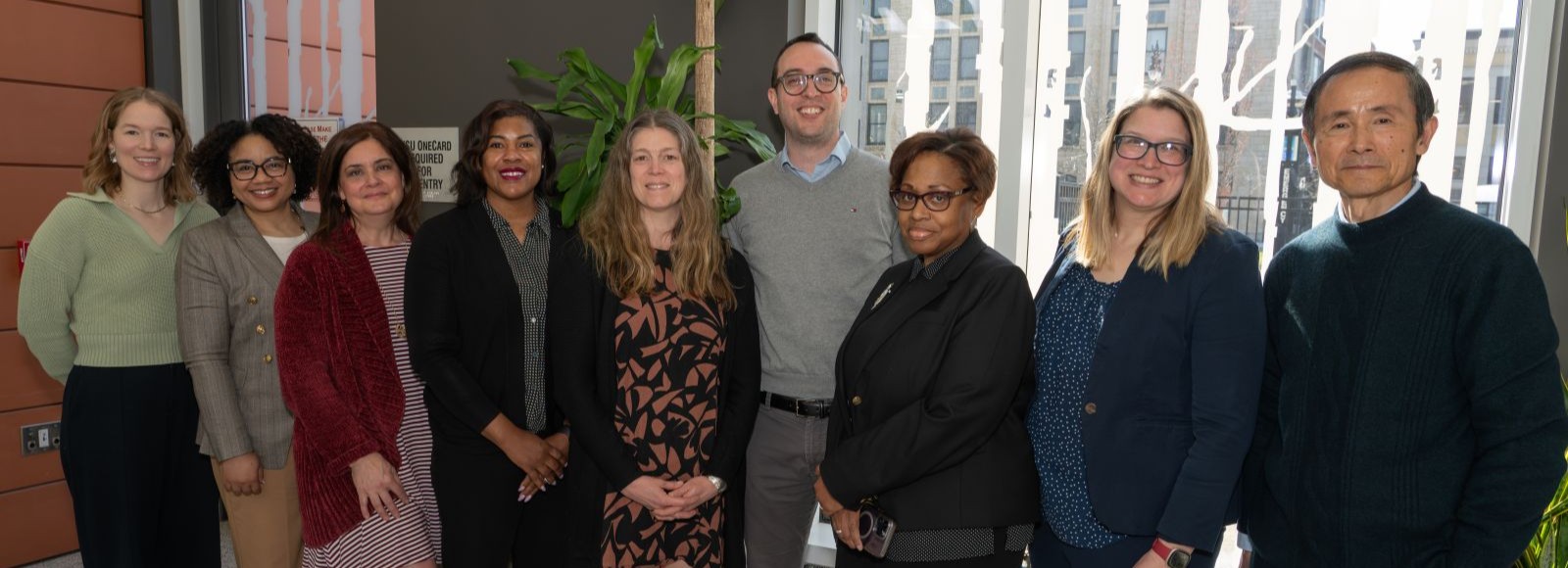Behavioral sciences division
Overview
The Behavioral Sciences Division within the Family Medicine and Public Health Sciences Department brings together PhD and MD researchers dedicated to understanding how social, psychological, genetic, and environmental factors shape health behaviors, biological processes, and disease outcomes. Our faculty conduct both correlational and experimental research, including randomized controlled trials, working with Metro Detroit samples of children, youth, and adults. Our research focuses on:
· Behavioral interventions to improve health outcomes, particularly for youth and emerging adults with chronic illnesses (e.g., obesity, type 1 diabetes, asthma, HIV).
· The influence of maternal and paternal psychosocial factors on birth outcomes.
· Developing statistical models and machine learning algorithms for genetic and genomic analysis.
· Molecular mechanisms underlying physical and psychosocial stressors.
· Socioeconomic disparities across chronic conditions.
· Occupational and environmental exposures to chemical and biological hazards and their health impacts (e.g., asthma, COPD, cardiovascular disease, diabetes).
· Substance use and related health and social outcomes.
· Community-based interventions for high-risk youth.
· Sexual violence, sexual health and risk-taking, and addictive behaviors (e.g., alcohol use, overeating).
· Strengthening community-engaged research and adapting evidence-based interventions in collaboration with Detroit-based organizations.
Education
Our faculty play a vital role in the Master of Public Health (MPH) program, both as instructors and mentors. They also serve as mentors within their research labs, working with trainees at every stage, from undergraduates and graduate students to postdoctoral fellows and medical residents. In addition, some faculty hold cross-appointments and contribute to teaching in departments across campus. Several also engage with community members through public health outreach and education.
Service
Our faculty are engaged in service to the university and the broader scientific and professional community. They contribute through participation in university committees, leadership in scientific societies, service on grant review panels, and editorial roles for peer-reviewed scientific journals. Their community engagement includes providing training in evidence-based interventions to service providers through partnerships with organizations such as the Ruth Ellis Center and the Midwest AIDS Education and Training Center, among others.
